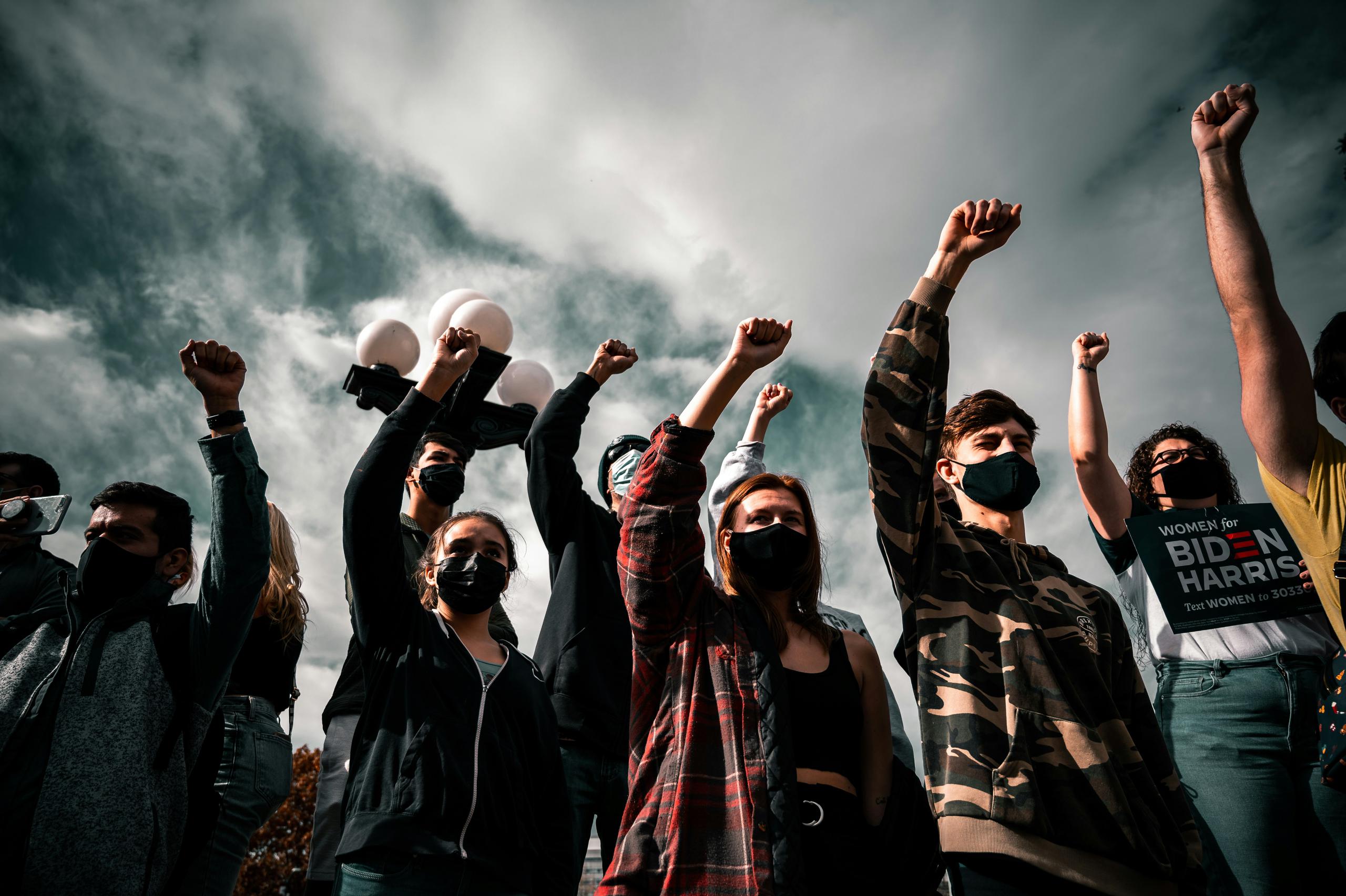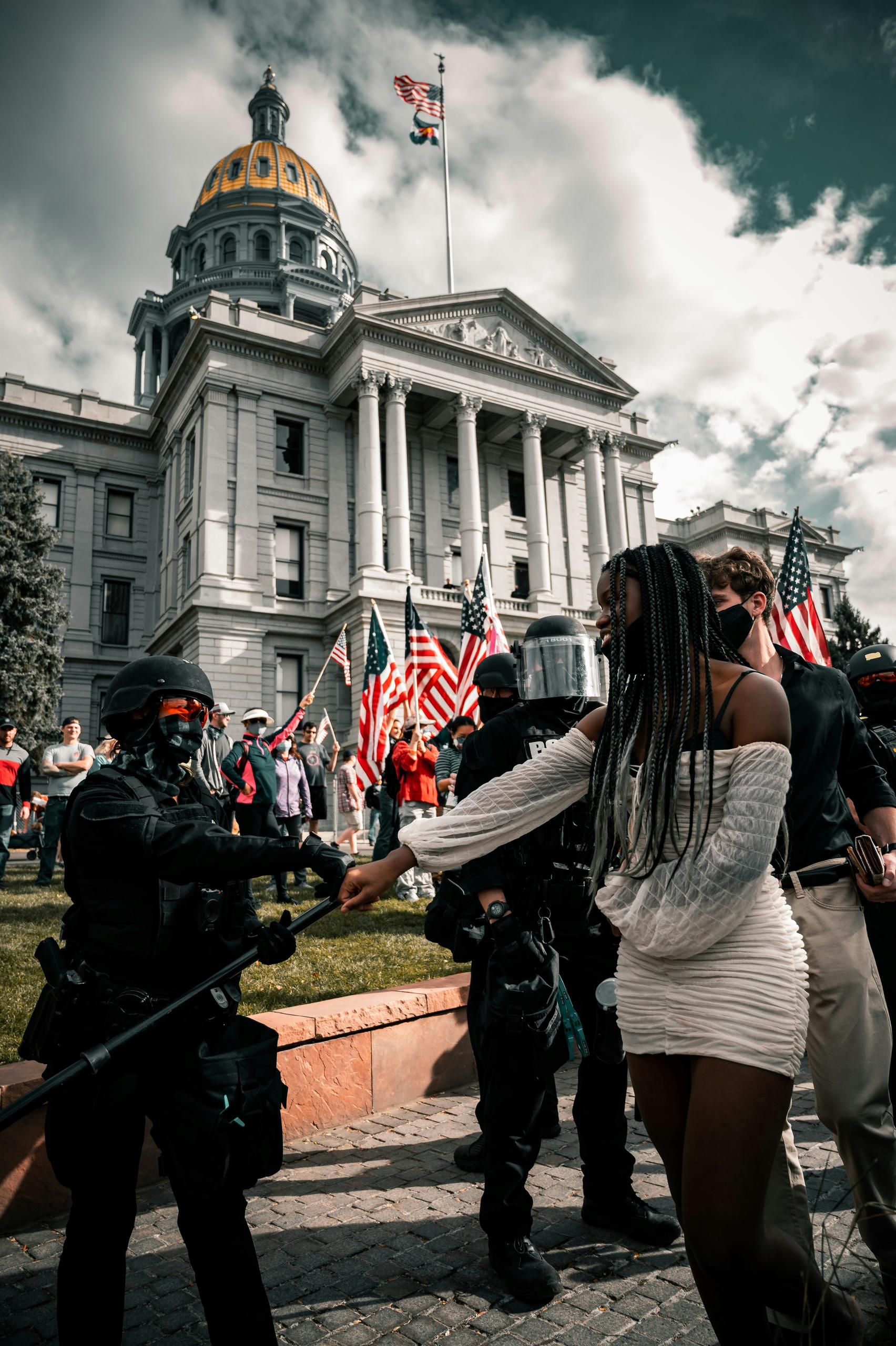Deport the babies? That is exactly the kind of America Donald Trump wants to shape as he pushes to end birthright citizenship once again. It is no longer just about building walls or closing borders, this time, the target is the very idea of what makes someone American. And whether we like it or not, the Supreme Court is now being dragged into this messy debate.
A Law Older Than Trump Himself
The fight is not new. The 14th Amendment has been the shield for anyone born in the US since 1868, promising citizenship regardless of who their parents are. But Trump and his team insist that the phrase “subject to the jurisdiction thereof” should exclude children of people without permanent legal status. In other words, if your parents are here illegally or on temporary visas, you’re out.

Trump is betting that Americans are tired of what he calls “citizenship for the undeserving.” But rewriting the Constitution by executive order? That’s the kind of thing that makes the United States sound less like a democracy and more like a country ruled on impulse.
Deportation as “Family Unity”
Trump even tried to package this in December with a straight face, saying he doesn’t want to break up families. His solution? Deport the parents and the kids together, even if those kids were born in the United States. It’s an odd definition of family values: keep them together, but on the next flight out.
This reasoning may fire up his supporters, but it reduces children born on US soil to paperwork problems rather than citizens. For many, it feels less like immigration reform and more like state-sponsored rejection.

The Numbers Don’t Lie
The Migration Policy Institute says that by 2050, ending birthright citizenship could leave 4.7 million people in America without status, people who would have been citizens under the current law. That’s not just a statistic, it’s a generational identity crisis. Stripping citizenship does not erase people, it only creates a shadow population with no legal home.
If Trump gets his way, the country will have to grapple with a future where American-born children are raised as outsiders in the only country they know. The irony is brutal: a nation built by immigrants deciding that new immigrants’ children do not belong.
Why This Fight Feels Different
The lower courts have already blocked Trump’s order, calling it unconstitutional. But his lawyers have now gone to the Supreme Court, hoping for a green light. The justices already ruled in June that a single federal judge cannot block a presidential order nationwide. That alone has emboldened Trump.

America at a Crossroads
If the Supreme Court sides with Trump, the ripple effect will not stop at migrants. It will set a precedent that the Constitution is open to political editing. Today it is immigrant babies. Tomorrow, who knows?
Deport the babies may sound like a campaign slogan from Trump’s rallies, but it’s actually a glimpse of how fragile rights become when they are treated as negotiable. For a country that prides itself on freedom, this feels less like protection and more like betrayal.

















